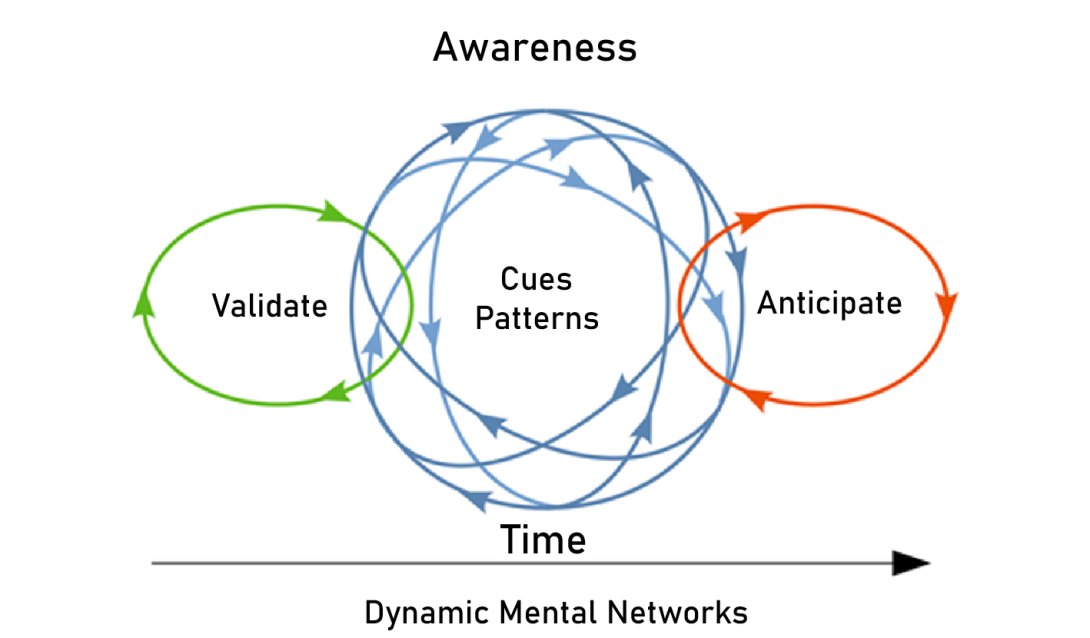Ask Ron Besuijen

We ask Ron:
How can simulation training improve operations' responsiveness to changing conditions in a dynamic environment?
Ron's Response:
Whenever an incident occurs the investigators freeze time and slowly break down the sequence of events—viewing it from all perspectives. If only we could give our process operators this amount of time and reflection of the problems they encounter. David Woods, Resilience Engineer, discusses on a NDM podcast how the operators at Three Mile Island had 10 minutes to figure out something they were never told that could happen. Then after 6 Months and $60 million, the experts determined exactly what should have been done.
Operators must be able to make decisions and then respond to what happens. They must hedge their choices and be open to revision. There is always uncertainty whether the right choice has been made in our complex dynamic processes, where one action could impact several other systems.
To graphically imagine what this might look like; I created the Dynamic Mental Network concept. We have previously discussed how picking up cues and pattern recognition can speed up problem detection and provide responses. The next challenge is to implement this in a complex, dynamic environment. When we have a complex mental model of the process, we can anticipate problems before they escalate, and we will also be able to anticipate the impact a problem will have on other systems to mitigate their effects.
Our panel operators must validate they have made the right choice while the process is in transition. Picking up on cues and patterns is a constant process to detect problems, anticipate what may be evolving, and validating that the solutions are effective. There is no pause button. During some upsets a panel operator may not have five minutes to choose a course of action, never mind six months.
Fortunately, we have simulators to train our operators, and they do have a pause button so they can develop the skills required to pick up on cues, anticipate developments and validate their actions. Simulator training is not only about learning to complete tasks and execute procedures, but also about developing a thought process that is critical to responding to problems that have never been thought of.
The Dynamic Mental Networks concept is an attempt to further our understanding of how process operators must navigate difficult problems in a dynamic environment.
